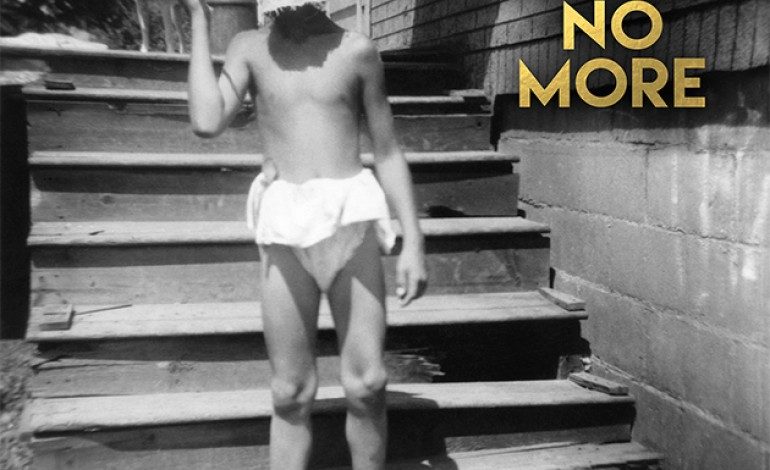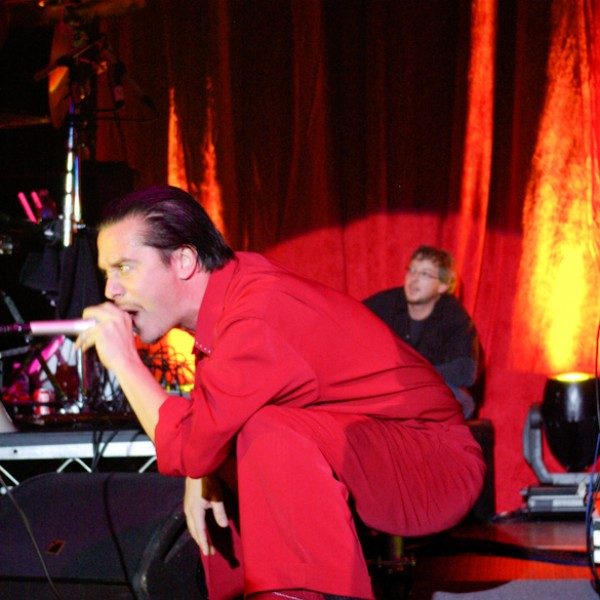

The Return of the King
Almost twenty years ago, the champions of art rock Faith No More released what was thought to be their final album, the somewhat jokingly titled Album of the Year. Rumors and gossip ran rampant that the band was not getting along, though little in the way of actual facts were ever reported confirming any such thing. Still, that album dropped two of the band’s most beloved singles (“Last Cup of Sorrow” and “Ashes to Ashes”) and boasted two of their most heart breaking, beautiful tracks (“Pristina” and “Helpless”). The band broke up little less than a year later, each member driving hard toward their own side projects. Mike Patton opened Ipecac Recordings and aggressively toured and released albums behind his numerous projects: Fantomas, Tomahawk, Peeping Tom, Lovage and many more. Billy Gould opened Koolarrow Records and focused his time helping other challenging acts get distribution. Roddy Bottum focused on his side project Imperial Teen and occasional film scoring. Drummer Mike Bordin became regular drummer for Ozzy Osbourne. The band famously reunited in 2009—surprising many of their hardcore fans—and triumphantly reemerged on the scene as the wisest hard rock band on the block. Betting money and a good deal of hints on the band’s part looked at the reunion would be short-lived, wrapping up with a pair of high-profile dates in Chile to the biggest headlining crowds of their career.
Not so, as the band surprised everyone with a brand-new album, Sol Invictus. Released without a major label for the first time since the Chuck Mosley-years of their career. In their heyday following the mega hit “Epic,” the band was known for a relentlessly challenging sound. They were one of the few hard rock bands with a mainstream audience that insisted on reconfiguring the very notion of what hard rock could sound like. Whether it be the rap-filled enthusiasm of “We Care a Lot,” the earnest cover of the Commodores’ “Easy,” the funk-infused “Land of Sunshine,” the sad cowboy ode “Take this Bottle” or the gospel-laden “Just a Man,” the group found a way to make the impossible possible with every step they took. This is the mix of artistic credibility and impressive accessibility everyone from System of a Down to St. Vincent since has strived to create for themselves.
The album is bookended by a straightforward short song and an intricate longer cut, ramping the listener up for the intro and then gently setting them down on the finale. The opening title track starts simply, a flutter of Bottum’s piano and Patton’s sinister grumble slowly build up energy while the lyrics hint at a godlike revelation. Yes, Sol Invictus and all of its songs subtly hint at the band’s knowledge and desire to be reborn after they were fully dead in the water. Perhaps the album’s strongest song, and a surefire hit for years to come, comes next furthering the theme of their return and the importance in their role as a leader in their genre. Again Bottum’s keyboard lines set the heroic pace as Patton provides the mystical allure taking the song’s chorus to higher levels of intrigue. Now permanent guitarist Jon Hudson takes the intoxicating mix into an upward spiral with an insane guitar solo cementing the confidence and introspection that the theme aims for, the same internal conflict any decent superhero movie revolves around.
Founding member and bassist Billy Gould sets the tone for “Sunny Side Up,” his signature punk funk bass licks snapping the rhythm into place. The guitar and voice here are used as flourishes to the solid rhythm. In a similar fashion, “Separation Anxiety” lets its verses reside in creepy subdued territory, stylistically similar to many of the cuts on the most recent Tomahawk album Oddfellows. Furthering the theme, Patton howls in the song’s bridge, “I can’t let you go / Cause you’re a part of me / Not apart from me,” an apparent reference to the group’s relationship with their audience. “Cone of Shame” doubles down on that vibe, starting with a desert-twang melody from Hudson and a marching beat from Bordin. Patton sings tenderly as the rhythm evolves until the song explodes in its final third. Hearing Patton menacingly growl, “I’d like to strip the bone off / So I can see how you’re really made,” is enough to give you chills alone.
The album also features the most unusual song in the band’s career, a seemingly metaphoric exploration of America’s annual shopping extravaganza of the same name entitled, “Black Friday.” The group prominently features acoustic guitars on this track and patiently keeps the pace alternating effortlessly on a dime into a mean rock shout of “Buy it!” on numerous key moments. It appears on the surface to be a simple concoction, but there’s never been a number quite like this on any their previous albums. If that’s not enough, the album’s other outstanding track “Motherfucker” features Patton and Bottum equally sharing vocal duties. Bottum speak sings the verses while Patton puts his enrapturing skill to work on a handful of lines “Hello Motherfucker / My Lover / You saw it coming” and by then you’re hooked. Three short minutes later and you wish the song had just started, the way a truly great song always makes you feel.
The decrescendo of the bookend comes from the epic “Matador.” Diehard fans will remember this was the first new song the band did after reforming in 2009. This one aims for the darker, practically gothic end of rocking rather than an explosive release. The lines “We will rise from the killing floor / like a Matador,” and “Let the dead live / May the dead live,” further the theme of rebirth and embracing their place in music. Hudson again brings the shining moment with about sixteen bars of immaculate soloing to close out the epic track. And appropriately, that sentiment is wrapped up neatly with the plaintive and playful “From the Dead” that closes out the album.
A careful study would have expected Faith No More to mine the same wildly divergent ground they had in previous years. However, the band in their time apart has matured considerably, gaining faith most prominently, in themselves. Instead of challenging music as a whole, they instead challenge their own abilities and the expectations of their fans. And, they manage it while rocking a sly smile. The final line of “From the Dead” is literally “Welcome home my friend.” Welcome home indeed. And not a moment too soon.

